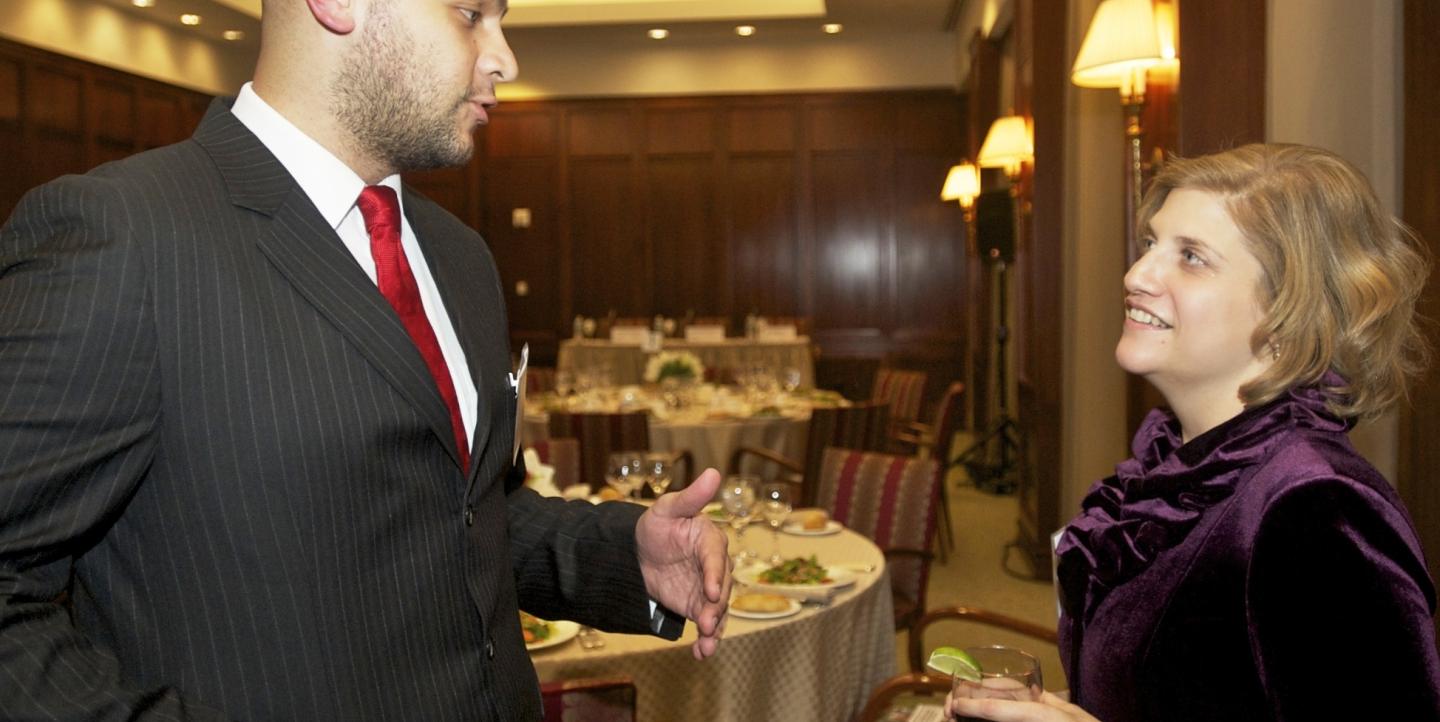This month's journalist, Carlos Barahona Uribe of Colombia, describes himself as a “true defender of the IJNet concept of providing journalists opportunities for education and improvement.”
Barahona Uribe is a social media editor, graduate student in corporate and political communications in Spain and freelancer for InfoSurHoy. Through IJNet, he discovered an online finance course and, as one of the top participants, was selected to attend an in-person training program in New York.
If you'd like to be featured on IJNet, contact us with a short bio of how the site has helped you.
IJNet: How has IJNet helped you?
Carlos Barahona Uribe: Through IJNet I discovered the International Center for Journalists which offered a personal finance course for Latin American journalists living in the U.S. I had never taken an online course before, so I was full of expectations. Once the course took off, I began to see the healthy competition between the participants and I just thought, “I need to step up and do my best to be at least in the top five of the class.”
Luckily, I was in the top five of the class so I got to go to New York City, where I met the other participants and we learned from the best companies that deal with personal finance on a daily basis. Since that experience, I’ve been a regular visitor to IJNet. I’ve never seen an offering of opportunities for journalists like it before.
IJNet: How do you get your ideas for stories?
CBU: Mostly my stories come from the street, from people who have a different story to tell, topics which sometimes sound weird but that ultimately become really interesting and popular. I enjoy writing about life stories, self-improvement and characters who are changing the dynamics of society. Everybody has to bring something different to the table, because if we all focus on writing articles of the same topics journalism will be really boring.
IJNet: What has been your best story or work so far?
CBU: I’ll always remember an article I wrote in Cuba in 2008...I sold my editor the idea of writing a piece talking about the heavy metal culture in a country well known for its salsa and tropical roots. It was a truly underground story and at the beginning I had a hard time writing it because my sources disappeared once I landed in Havana. I asked everywhere, walked around the city day and night and I was only granted five days for the trip.
After the third day, I jumped in a random taxi and without expecting anything I asked the driver where I could find heavy metal musicians on the island. Luckily enough the driver told me, “I have the place for you my friend, hold on.” In a totally “Fast and Furious” movie moment, the driver took seven minutes to arrive at an old house where the heavy metal sounds totally interrupted the salsa feeling of the island. That night, I spent one of the best times interviewing people, taking photos like crazy, hanging around the city with them. At the end, my editor was so pleased that he put the story on the cover of the next issue of the magazine.
IJNet: What advice would you give aspiring journalists?
CBU: It’s difficult to say "be original" in a world where the exchange of ideas, the speed of information and the competition is tougher every day...If you’re really passionate about journalism, this career can take you anywhere and I’m living proof of that. I worked my way from the bottom, sometimes I fall to the bottom again, but at the end giving up will never be a choice...The keys of journalism are perseverance, patience and the most important - a healthy and ethical hunger for success.


